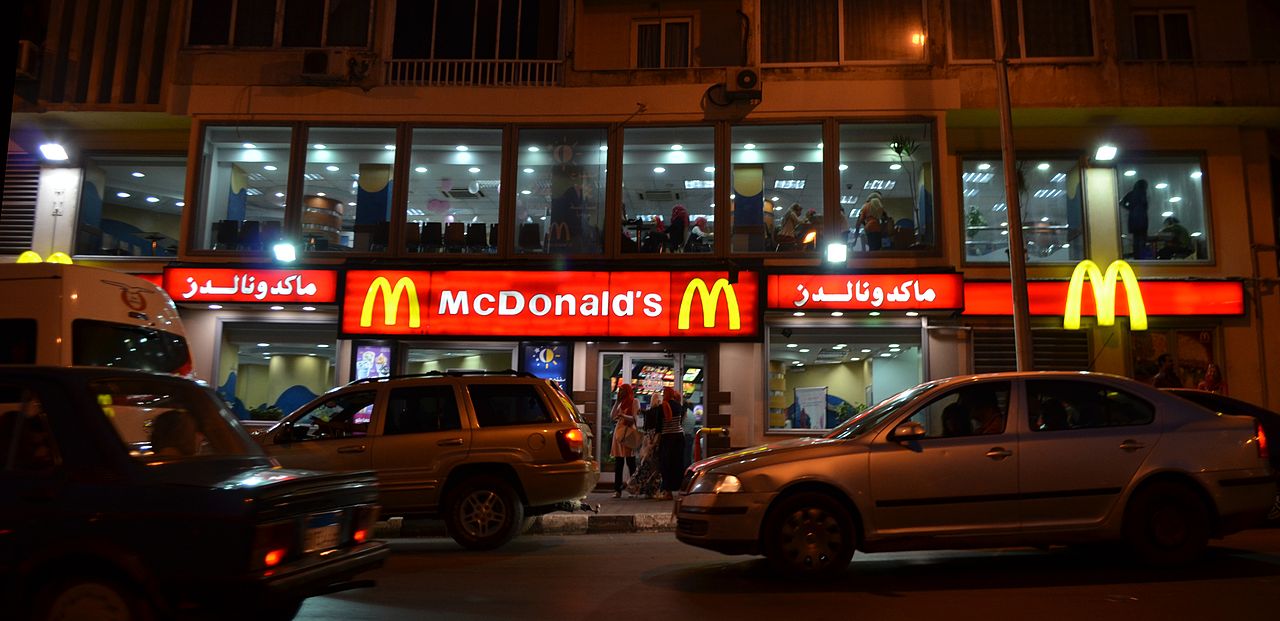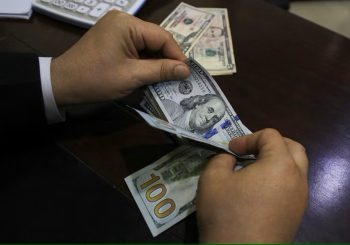Craving McDonald’s? According to The Economist’s latest calculations, Egypt is currently the cheapest place on earth to buy a Bic Mac.
While a single Big Mac costs $US 5 in the United States, a Big Mac in Egypt costs just $US 1.46. In other words, using a single five dollar bill, a person can buy three Big Macs in Cairo and still have 62 cents left to spend on other goodies.
Yet, what do the latest results of the Big Mac Index really mean for Egypt?
According to the International Monetary Fund in 2016, Egypt needed to float the Egyptian pound as it was overvalued against foreign currencies such as the US dollar and the Euro.
However, the Big Mac Index, which is described by the Economist as a “lighthearted guide to whether currencies are at their ‘correct’ level”, indicates the Egyptian pound is currently highly undervalued.
The Big Index is based on the theory of purchasing-power parity, which the Economist explains is “the notion that in the long run exchange rates should move towards the rate that would equalise the prices of an identical basket of goods and services (in this case, a burger) in any two countries”.
According to the Raw Index, which does not take into account the gross domestic production (GDP) per person, the Egyptian currency is undervalued by 71.1 percent. At the time of calculations, $US 1 was equivalent to EGP 18.77. However, if properly valued, the exchange rate should be around $US 1 in exchange for EGP 5.43.
Nevertheless, the Raw index does not take into account aspects such as lower labor costs and other aspects that make up GDP. Therefore, the Economist included the ‘Adjusted Index’ in the Big Mac Index which it says “may be a better guide to the current fair value of a currency”.
Yet, even with the Adjusted Index, the Big Mac remains the cheapest in Egypt. According to the Adjusted Index, the Egyptian pound is undervalued by 48.5 percent, as opposed to 71.1 percent under the Raw Index.
Does this mean that the floating of the Egyptian pound was based on completely bad maths? Not necessarily. The Adjusted Index is based on GDP, and therefore the final cost of goods and services produced within the period of calculation.
What this may imply is that prices of goods and services are yet to increase in reaction to the Egyptian pound’s devaluation. The Big Mac’s price remains the same as it was prior to the floating of the Egyptian pound. In fact, at EGP 24, the Big Mac is currently cheaper than when the Economist made its calculations.
Does this mean prices of goods and services may need to increase? Perhaps. However, it is important to remember that the salaries of Egyptians have not increased – they are still earning the same as they were before the Egyptian pound was floated.
What can certainly be concluded, however, is that tourists currently visiting Egypt (or hoping to in the short run) will get the biggest bang for their buck.






Comment (1)
[…] several trends caused by Egypt’s inflation. To start, it shows that Egypt no longer offers the cheapest Big Mac’s in the world, a fact Egyptians used to proudly claim years ago. While still undervalued […]